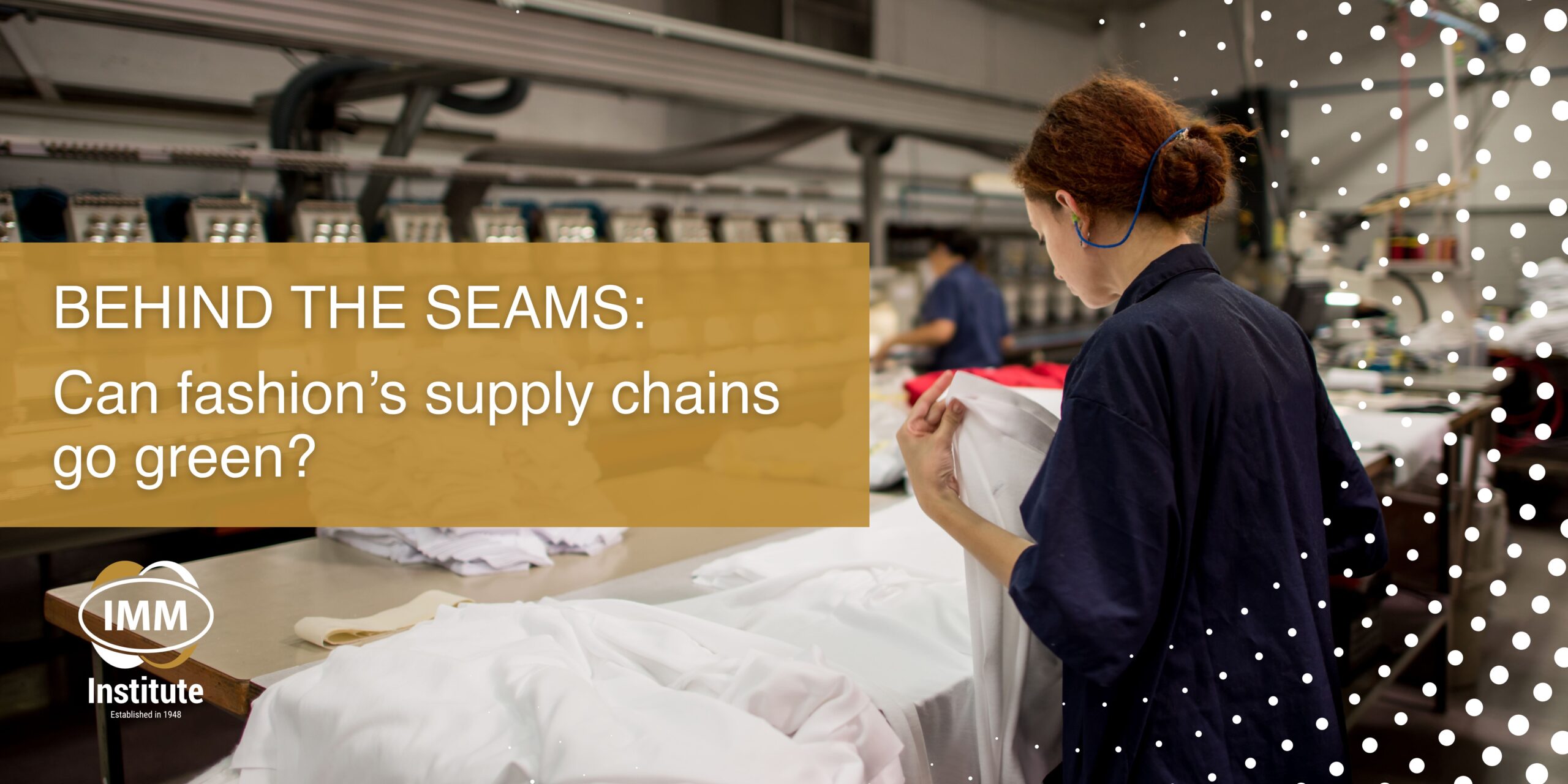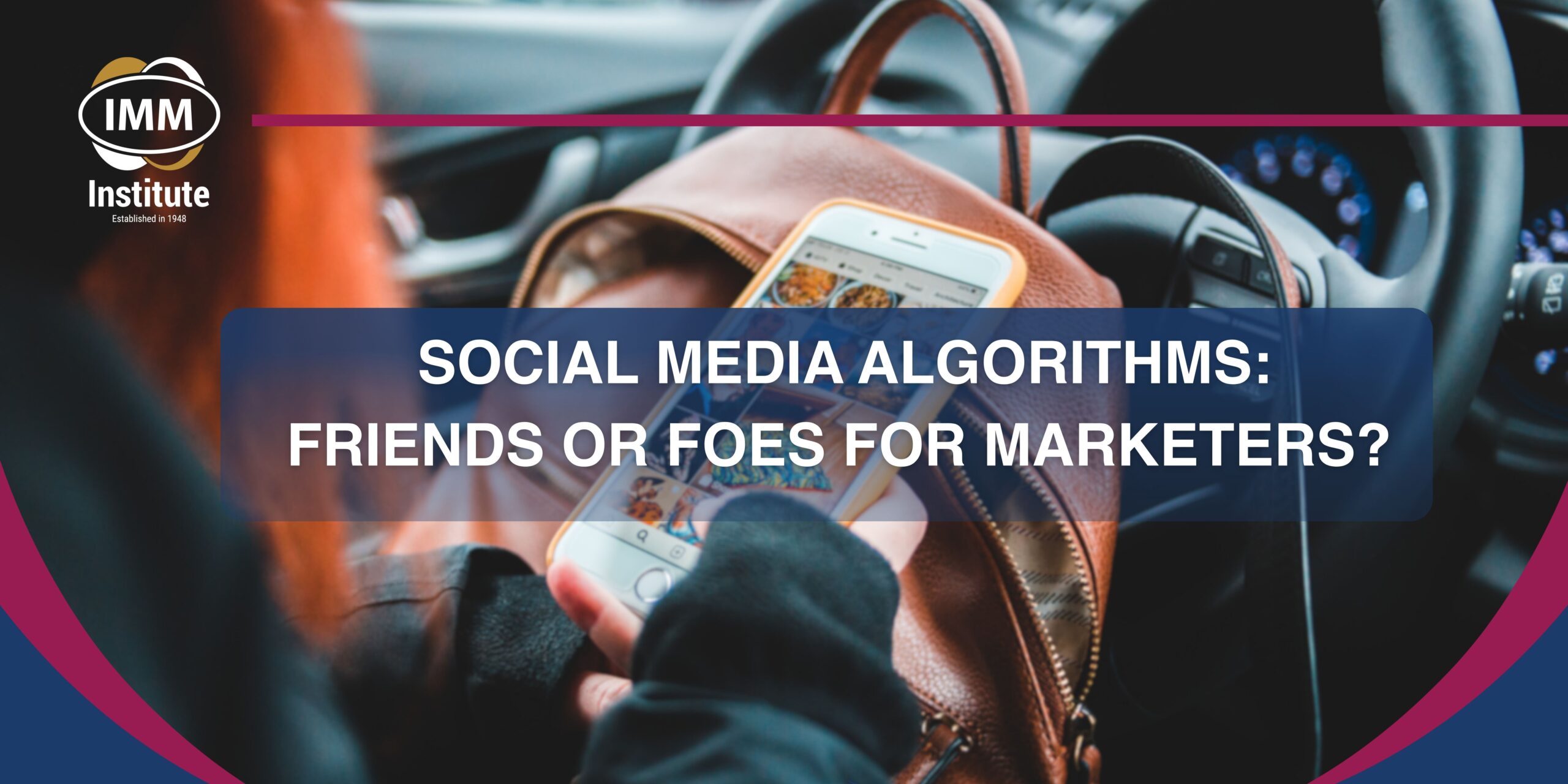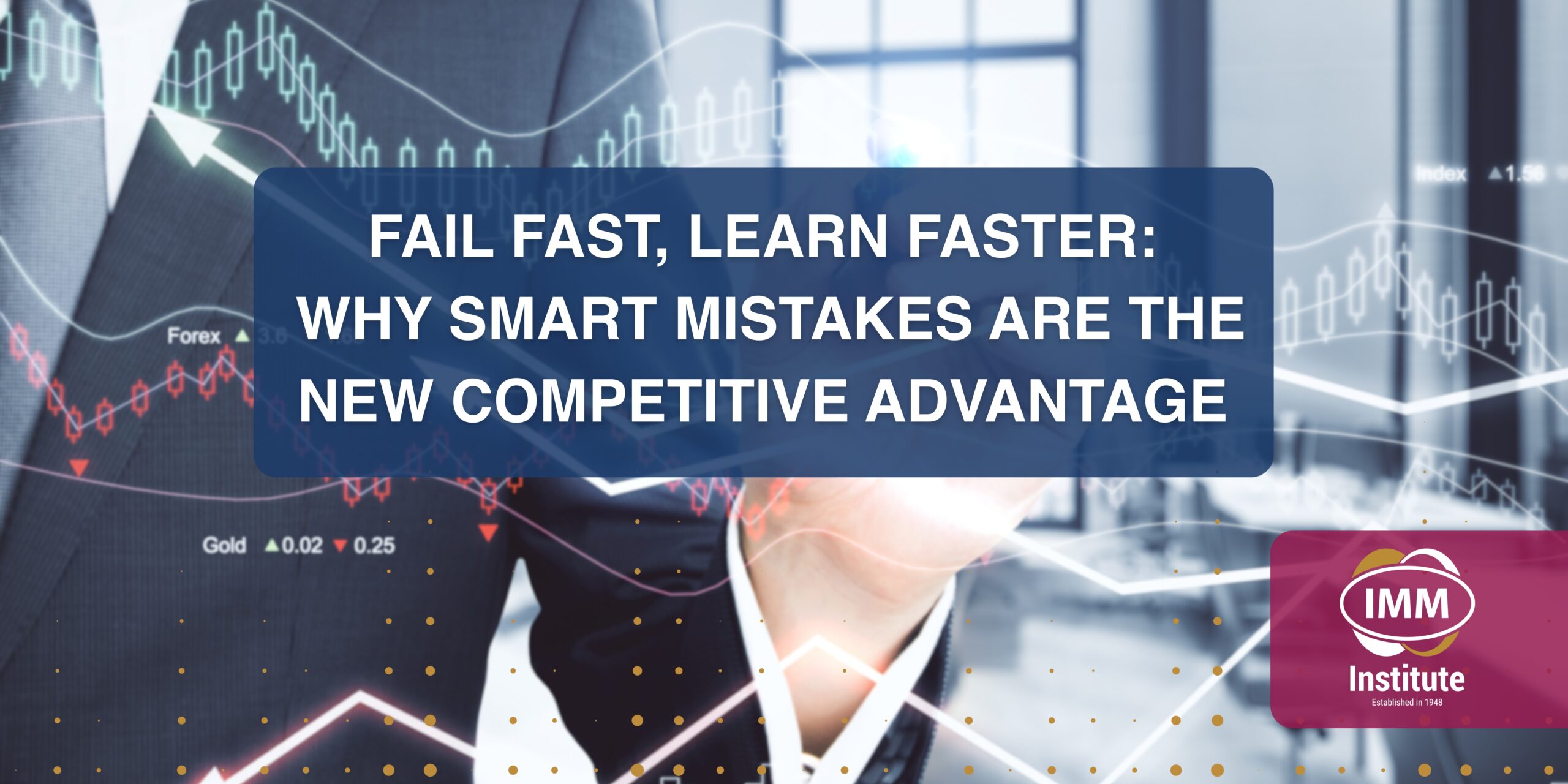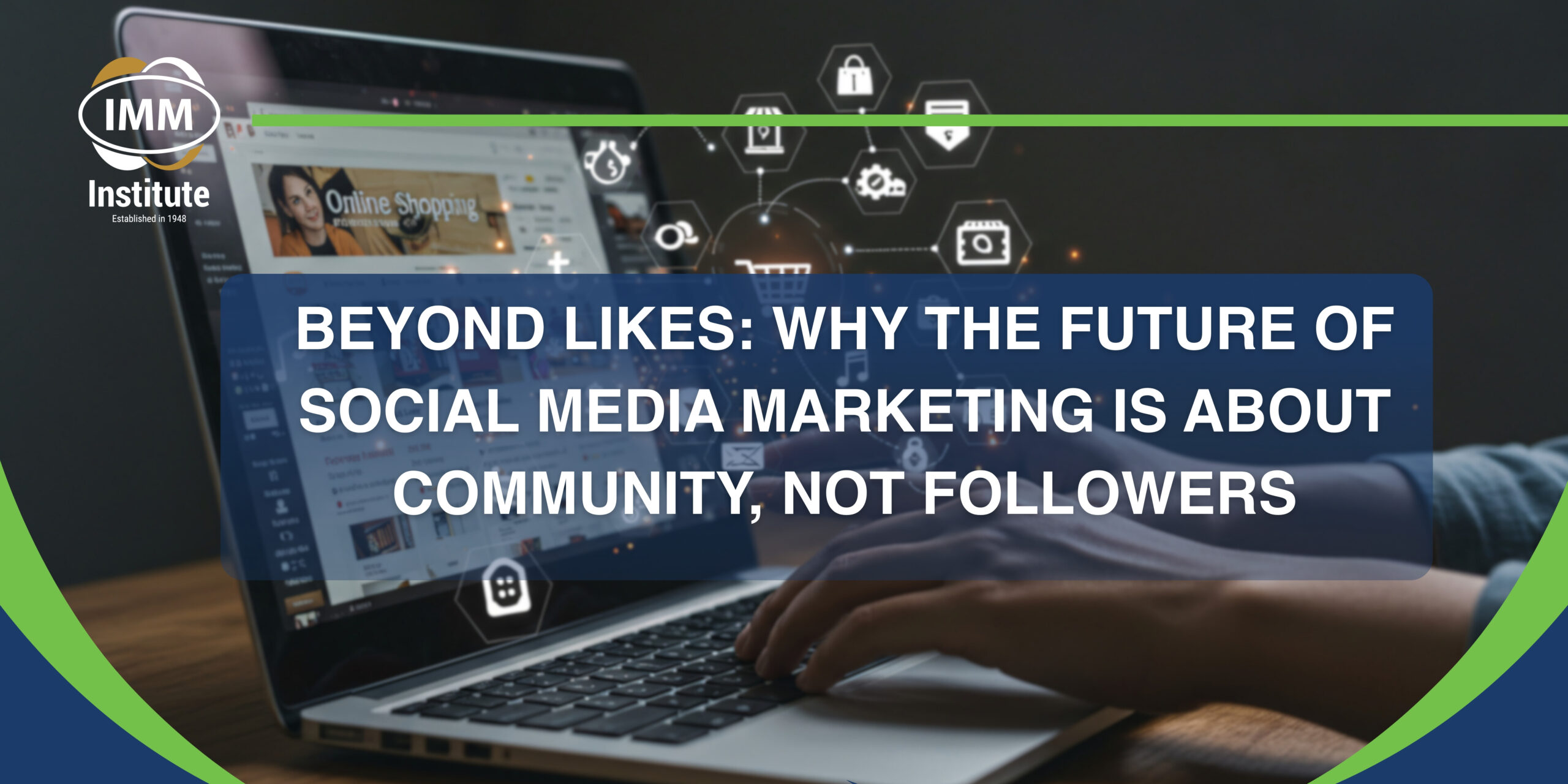Transparency can now be maintained with the revolutionary help of blockchain technology. Blockchain is revolutionising supply chain management and changing how marketers establish credibility with their target audience. It is no longer just a catchphrase. Blockchain promotes greater consumer connections, brand reputation, and transparency by enabling businesses to monitor and authenticate the origins of items.
What is Blockchain and Why Does It Matter?
Blockchain is a computerised distributed ledger system in a network used for monitoring exchanges. An unchangeable chain of data is formed when each database block is linked to the preceding one. This makes information extremely safe and dependable since it implies that once it is recorded, it cannot be altered without also changing every other block.
Blockchain allows businesses to monitor things from the point of origin to the final customer in the context of supply chains. Every stage of the supply chain is documented, validated, and made available to all parties involved, including the final consumer, thanks to this degree of openness. This provable openness is a potent trust-building tool for marketers.

Enhancing Supply Chain Transparency
Lack of knowledge about the sources and path of items has been one of the main issues in supply chain management. Today’s consumers demand to know if the goods they buy are made sustainably, with no counterfeiting, and from ethical sources. In a survey conducted by KPMG, 87% of their respondents said that supply chain visibility is a vital operational priority. This can be achieved by using blockchain in supply chain management, as blockchain can enable secure audit trails, ensure trustworthy logistics synchronisation, provide real-time shipment monitoring, and automate settlements. Blockchain provides tamper-proof, real-time records that track a product’s lifecycle, allaying these worries.
Blockchain can be used, for instance, by a business that sources its supplies from different international vendors to confirm that the resources were sourced ethically. Customers can then view the complete path of the product by scanning a QR code on its packaging, which provides access to this information. This degree of openness helps businesses comply with industry rules while also meeting customer expectations.

Building Trust in Marketing
Blockchain technology offers marketers a unique chance to forge closer bonds with consumers by providing evidence of legitimacy and moral behaviour. By providing something that today’s consumers highly value—trust—brands may stand out in the market through transparency in their sourcing and production processes.
Marketers can use blockchain technology for creating marketing campaigns which will underline ethical principles and product honesty. For instance, a fashion brand may employ blockchain tech to track its supply chain as a way of showing its commitment to sustainable methods of production while giving customers an assurance that they purchase responsibly made products. Thus, forming strong relationship between brand and customers consequently enables customer allegiance to the brand.
Additionally, blockchain can improve digital marketing initiatives’ transparency. Blockchain ensures that marketers provide more precise, focused ads without violating consumer privacy by securely capturing and authenticating client data.

The Future of Blockchain in Supply Chain and Marketing
Applications of blockchain technology in marketing and supply chain management are anticipated to grow as it develops further. Businesses who use blockchain will not only improve efficiency but also get a competitive advantage by showcasing their dedication to openness and moral behaviour.
Blockchain advancements in supply chain management and logistics are complementing cutting edge techniques like risk assessment and strategic network planning. The Transport and Logistics Course delves deeply into these ideas and provides insightful information on how blockchain is transforming supply chains.
Conclusion
Marketing and supply chain management are being transformed by blockchain technology through improved honesty and trust among all parties involved. In the marketplace, companies that have implemented blockchain will easily outshine others because today customers pay great attention to sourcing ethics as well as originality of items. Blockchain gives marketers an efficient way to develop tighter relationships based on trust with consumers, thus improving company image.
Consider doing the Transport and Logistics programme offered by the IMM Institute if you wish to stay ahead in the world of logistics. This course encompasses important subjects that will affect future supply chain management and promotion like risk evaluation, strategic network planning as well as blockchain technologies.
















